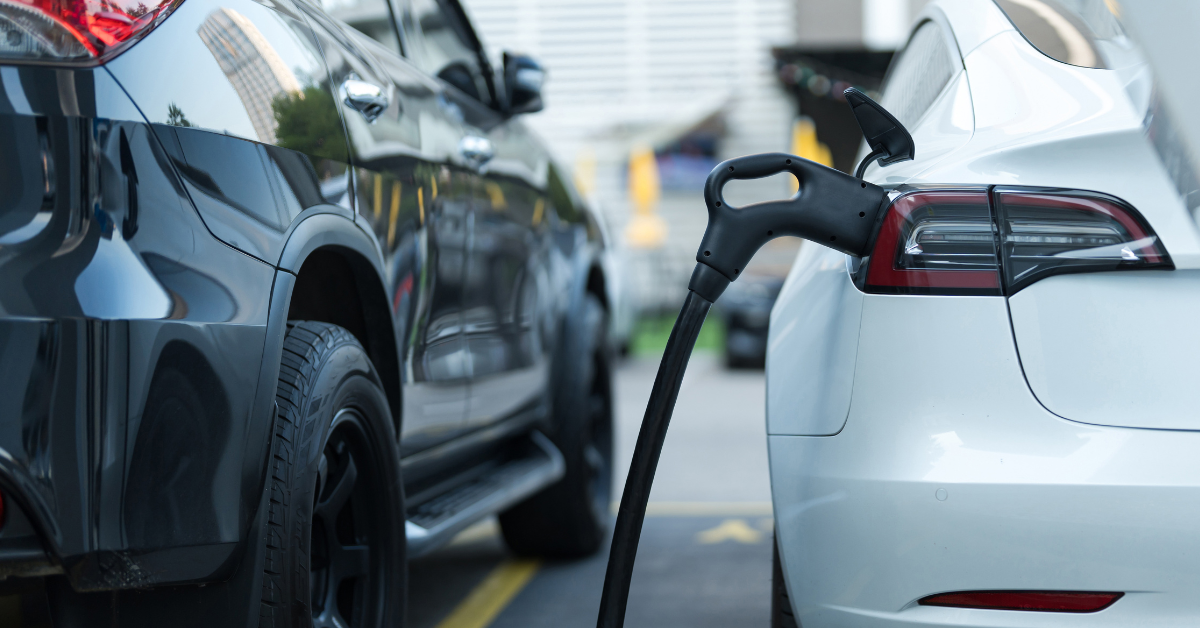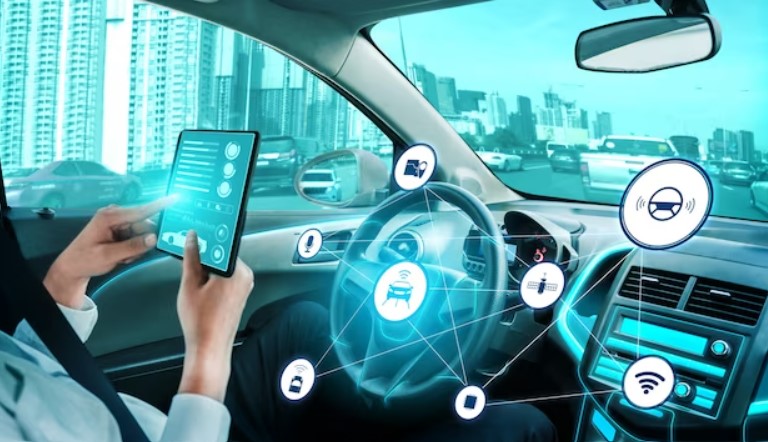Introduction
Hybrid Car Technology Advantages and Disadvantages. Hybrid car technology has transformed the automotive landscape, offering a unique blend of traditional combustion engines and cutting-edge electric power. As we delve into the intricacies of this innovative technology is Hybrid Car Technology Advantages and Disadvantages, it’s crucial to explore both the advantages and disadvantages to make informed decisions about our vehicle choices.
Understanding Hybrid Car Technology
In simple terms, hybrid cars leverage both an internal combustion engine and an electric motor. This dual-power approach allows for enhanced fuel efficiency and reduced emissions. Key components include the electric motor, battery, and a sophisticated control system orchestrating the seamless transition between electric and gasoline power [Hybrid Car Technology Advantages and Disadvantages].
Advantages of Hybrid Car Technology
Environmental Benefits
One of the primary advantages of hybrid cars is their positive impact on the environment. By relying on electric power at lower speeds, hybrids emit fewer pollutants and reduce our carbon footprint, contributing to cleaner air and a healthier planet.
Fuel Efficiency and Cost Savings
Hybrids are renowned for their exceptional fuel efficiency. The ability to switch between electric and gasoline power optimizes fuel consumption, translating into significant cost savings for drivers in the long run.
Read more blogs : Sports Car Enthusiasts Canvas Review.
Reduced Dependence on Fossil Fuels
With a hybrid car, you’re not solely reliant on gasoline. The electric component allows for a decreased dependence on fossil fuels, promoting energy diversity and sustainability [Hybrid Car Technology Advantages and Disadvantages].
Disadvantages of Hybrid Car Technology
Higher Upfront Cost
While hybrids offer long-term savings on fuel, their initial purchase price tends to be higher than traditional vehicles. However, this cost disparity is often offset by reduced fuel expenses over the vehicle’s lifespan.
Limited All-Electric Range
Hybrids have a finite all-electric range, meaning they rely on gasoline for longer journeys. This limitation can be a drawback for those seeking a fully electric driving experience.
Complexity of Hybrid Systems
The advanced technology under the hood of hybrid cars can make repairs more complicated and potentially pricier. However, advancements in hybrid engineering are continuously addressing these challenges.
Fuel Efficiency and Environmental Impact
A detailed examination of hybrid cars reveals a substantial reduction in carbon emissions compared to conventional vehicles. The fuel efficiency achieved by seamlessly switching between power sources makes them an attractive choice for environmentally conscious consumers.
Cost Considerations
While the upfront cost of a hybrid may give some consumers pause, it’s essential to factor in long-term savings on fuel and potential government incentives. Many regions offer rebates and tax credits to promote the adoption of eco-friendly vehicles [Hybrid Car Technology Advantages and Disadvantages].
Maintenance and Repairs
Contrary to some perceptions, hybrid cars don’t necessarily require more maintenance than traditional vehicles. Routine check-ups on the battery and control systems are crucial, but advancements in hybrid technology have made maintenance more accessible and cost-effective.
Technological Advancements in Hybrid Cars
Recent innovations in hybrid technology include regenerative braking, improved battery efficiency, and more sophisticated control algorithms. These advancements address previous concerns and contribute to the overall reliability of hybrid vehicles.
Consumer Perspectives
Real-world experiences of hybrid car owners often dispel common misconceptions. Many users report high satisfaction with their vehicles, praising the seamless integration of electric and gasoline power and the associated fuel savings.
Government Policies and Support
Governments worldwide are actively promoting hybrid adoption through incentives, tax breaks, and stricter emissions standards. These policies aim to accelerate the transition to sustainable transportation and reduce the environmental impact of conventional vehicles [Hybrid Car Technology Advantages and Disadvantages].
Hybrid Cars in the Market
Popular hybrid models, such as the Toyota Prius and Honda Clarity, dominate the market. Sales trends indicate a growing interest in hybrid technology, with consumers increasingly prioritizing fuel efficiency and eco-friendliness.
Charging Infrastructure
The availability of charging stations remains a key consideration for hybrid car owners. While electric cars often face this challenge, hybrids benefit from the existing gasoline infrastructure, making them more convenient for the average driver [Hybrid Car Technology Advantages and Disadvantages].
Addressing Myths and Misconceptions
Debunking myths surrounding hybrid cars is crucial for potential buyers. Contrary to some beliefs, hybrids offer impressive performance, reliability, and a driving experience that aligns with traditional vehicles.
The Future of Hybrid Car Technology
As technology evolves, the future of hybrid cars looks promising. Ongoing research and development promise even greater efficiency, longer electric ranges, and increased affordability, making hybrid technology more accessible to a broader audience.
Conclusion
In the realm of hybrid car technology, weighing the advantages and disadvantages is key to making an informed decision and Hybrid Car Technology Advantages and Disadvantages. As we navigate the road of sustainable transportation, hybrids stand as a viable and environmentally friendly option. Consider your driving habits, budget, and environmental concerns to determine if a hybrid is the right fit for you.
Hybrid Car Technology Advantages and Disadvantages – FAQs
Not necessarily. While initial costs may be higher, ongoing maintenance costs are often comparable, if not lower, due to advancements in hybrid technology.
The all-electric range varies among models, but most hybrids can cover short distances solely on electric power, typically around 20-50 miles.
No, the driving experience is similar to traditional cars. The transition between electric and gasoline power is seamless, providing a familiar feel for drivers.
Many governments offer incentives such as tax credits, rebates, and access to carpool lanes to encourage the adoption of hybrid technology.
Hybrid cars often maintain competitive resale values, especially as environmental consciousness and fuel efficiency become more significant factors for buyers.





